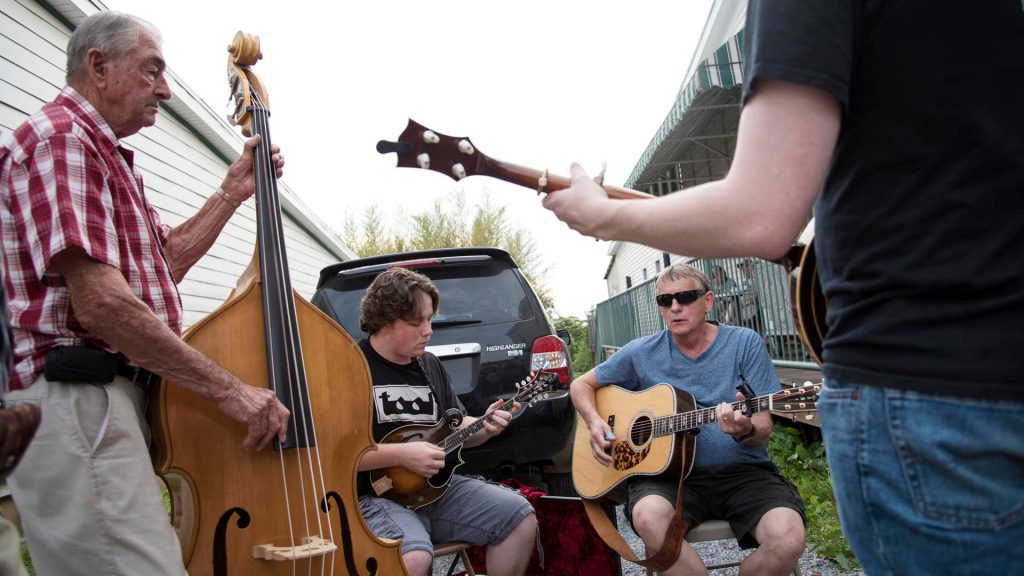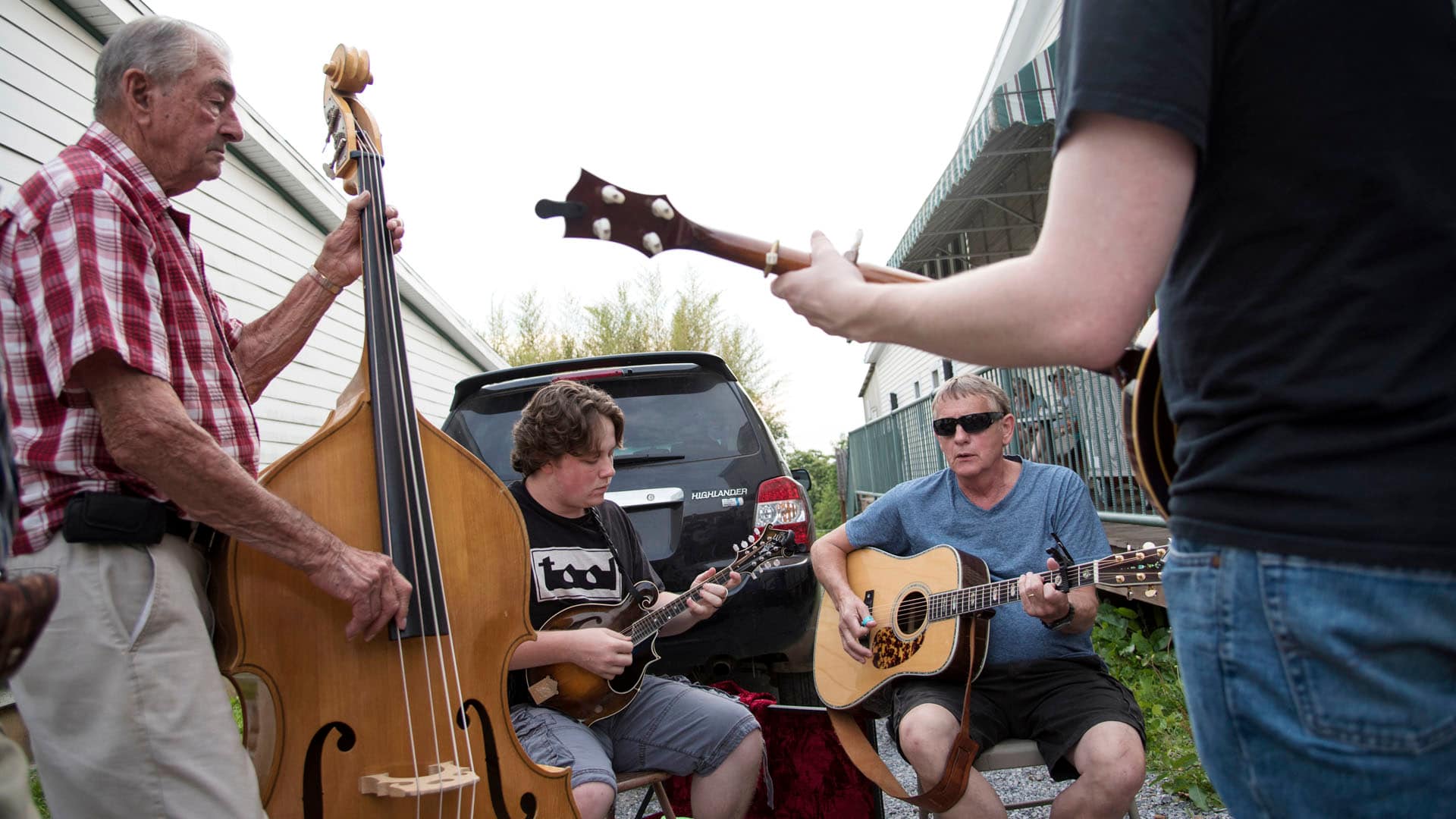Gallery with alias: PUBLIC_HISTORY_BLOG_POSTS not found

“Twenty years from now you will be more disappointed by the things that you didn’t do than by the ones you did do. So throw off the bowlines. Sail away from the safe harbor. Catch the trade winds in your sails. Explore. Dream. Discover.”― Mark Twain
Travelogues, from Homer’s Odyssey to Aunt Janet’s overly long slide show of her summer vacation to Spain, are epic narrative accounts of places and experiences encountered by travelers. They are fascinating revelations about the world as told through stories in motion.
The typical literary meaning of epic claims both oral and written stories recounting long adventures through exotic lands, where myths and heroes are forged from trials and tribulations. Homer’s Iliad and Odyssey come to mind, as does Virgil’s Aeneid, one of the earliest known written epics. As for Aunt Janet’s epic adventure backpacking through Europe? Sure, why not . . . there was that time she spent in a Mallorca jail cell.
“The first real ‘travel writer,’” asserts Smithsonian Magazine in “The Top Ten Most Influential Travel Books” is the ancient Greek Herodotus—father of history—“who journeyed all over the eastern Mediterranean to research his monumental Histories.” Thus, town through the ages travel writing has continued to serve history and historians. Travelogues are more than just literary adventures; they are useful historic records of people, places, and events. They are historically significant and fascinating snapshots in time of societies and cultures as experienced and documented by travelers.
Some of our favorites include Marco Polo’s The Travels of Marco Polo, Mark Twain’s The Innocents Abroad, Jack Kerouac’s On the Road, and Peter Jenkins’ A Walk Across America.
But let’s not forget that travelogues are usually highly subjective, stylized tales. Although technically not fiction, they are often highly interpretive and creative. That’s the difference between the storytelling of Elizabeth Gilbert (Eat, Pray Love) and Aunt Janet. The former entertains us, the latter entraps us (almost literally–that boring slide show just goes on and on forever).
“Traveling – it leaves you speechless, then turns you into a storyteller.” – Ibn Battuta
For whatever travelogues are, they do take us to places we might not have known about otherwise. A good example is a recent online article, “Travelling the Crooked Road,” by travel writer Joe Rogers. In this brief and wonderfully delightful journey, Rogers’ story (aka, road trip) “takes you on a musical journey through southwest Virginia” to give us a sense and sampling of something called Virginia’s Heritage Music Trail.
As public historians, what gets our attention is the use of digital media to tell capture and preserve this slice of what we call contemporary living history. Photographs, text, and hyperlinks to supplemental information combine to give the reader a rich experience. And publishing this story to the internet gives it immediate world-wide reach, something public historians could only have dreamed of before the internet.
But public historians should also take note of something else, and that’s how this story comes to be. It was commissioned by the Enterprise Rent-A-Car Company. Is this soft advertising? Sure. Should anyone be inspired by Rogers’ story to travel the Crooked Road and Virginia’s Heritage Music Trail, Enterprise is there to help. (No need to say more about the corporate and commercial motivations at work here).
However, we should understand that without Enterprise’s financial support enabling the publication of Rogers’ story, we might not have known about southwest Virginia’s rich Appalachian music scene and heritage. Such is the oftentimes necessary partnership between corporations and public historians, each traveling in the same direction but for different reasons.
This post is inspired by“Travelling the Crooked Road,” by travel writer Joe Rogers, published online by Enterprise Rent-A-Car Company.
PUBLIC HISTORY MATTERS
At The Social Voice Project, we celebrate history and people through our community oral history projects that give us a chance to look, listen, and record the voices and stories of our time. We encourage all local historical societies and museums to capture, preserve, and share their communities’ lived experiences, memories, customs, and values. Future generations are depending on it.
Contact TSVP to learn more about our commitment to public history and community oral history projects.
MORE ESSAYS & THOUGHTS ON PUBLIC HISTORY
SUPPORT LOCAL HISTORY
Let’s keep local history alive for future generations! If you like our podcast, please help us continue this great educational program for today and tomorrow. Show your support by making a financial donation, underwriting the podcast, or advertising your business or service on the show.

You must be logged in to post a comment.